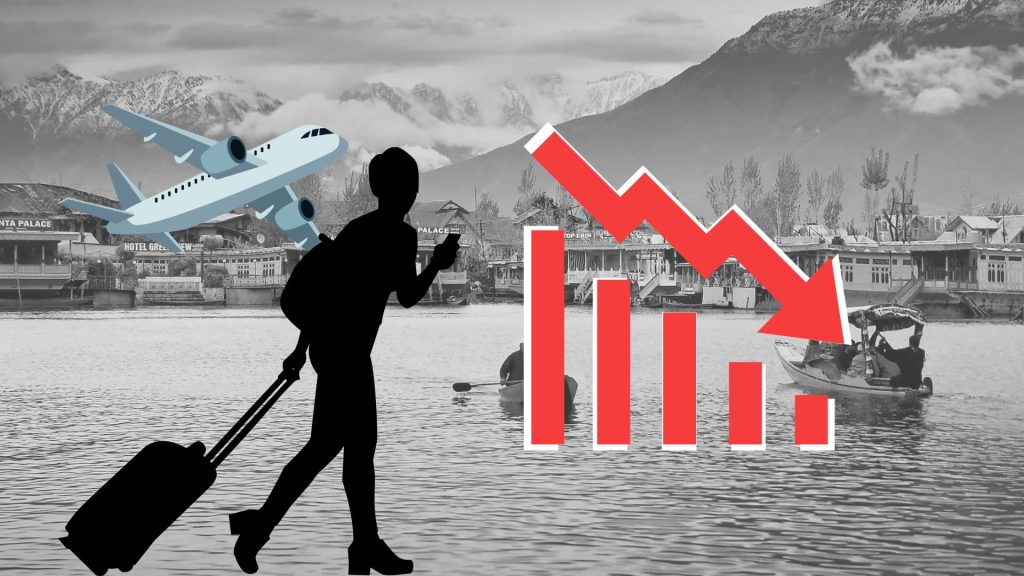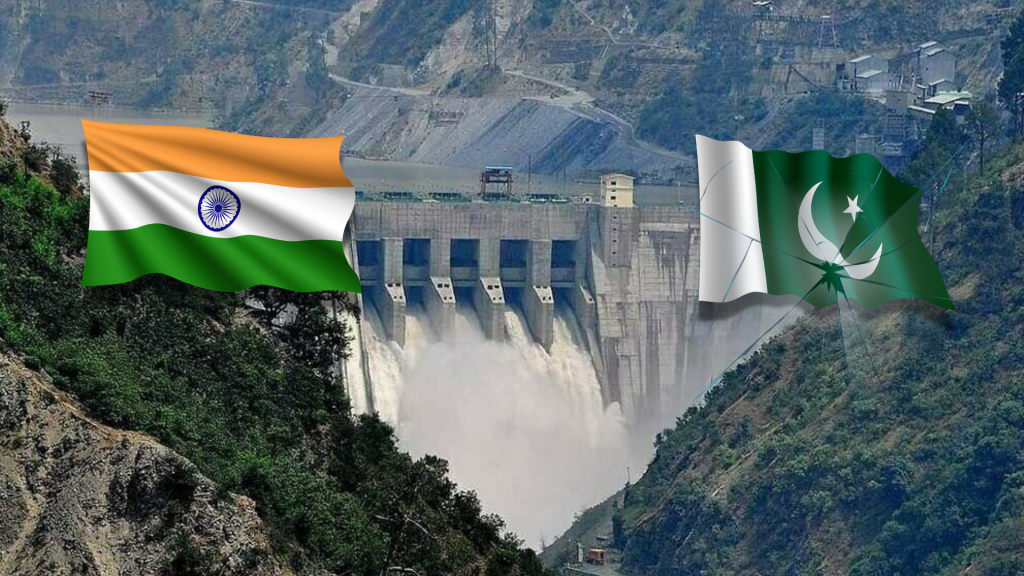Imagine this: You pour a bowl of cornflakes for breakfast, pay your college fees at a local bank, or drive past a new housing society on your way to school all without realizing that the army may own a piece of each. In Pakistan, the armed forces aren’t just protecting borders; they are running some of the country’s biggest businesses. This reality surprises many people, but it’s a key part of how Pakistan’s economy works today.
How Did This Happen?
It started when Pakistani military set up “welfare foundations” like the Fauji Foundation to help retired soldiers and their families after the partition. As Pakistan Army wielded effective power most if not all the time, these organizations grew bigger and began investing in all kinds of businesses. Today, the military runs companies in farming, banking, energy, healthcare, construction, and even consumer goods like cereal and milk.
This mix of defense and business is so big that experts have a special word for it: “Milbus” short for “Military Business.” The biggest of these groups are the Fauji Foundation (army), Army Welfare Trust, Shaheen Foundation (air force), and Bahria Foundation (navy).
Just How Big Is It?
Estimates vary, but many experts say these enterprises earn between $1–2 billion a year, while other reports suggest the total revenue may be much higher, as much as $25–26 billion. That is about 7% of Pakistan’s entire GDP (Gross Domestic Product), a figure that rivals the largest private business groups in the country. For comparison, Pakistan’s official defense budget is only about 2.6% of GDP.
Many of these companies like Fauji Fertilizer, Mari Petroleum, and Askari Bank are also listed on the Pakistan Stock Exchange (PSX), meaning ordinary people can invest in them and see their financial results. The military’s business activities touch almost every Pakistani in some way. They own large companies in farming (like fertilizers and seeds), energy (oil and gas), banking, cement for construction, real estate, and even food brands. The Defence Housing Authority (DHA), managed by the army, builds entire neighbourhoods in cities like Karachi and Lahore. Profits from these businesses fund welfare programs, pensions, and sometimes even expenses for the military itself. In 2023 alone, military-affiliated companies paid about ₨360 billion (roughly $1.3 billion) in taxes a sign of their huge presence in the formal economy.
Here are some examples of military-run companies and their main areas:
| Some PSX Enterprise | Sector | Annual Revenue (Approx.) | Controlling Entity |
| Fauji Fertilizer Company | Agriculture (Fertilizer) | $560M (2023), $1.29B (2024) | Fauji Foundation |
| Mari Petroleum Company | Energy (Oil & Gas) | $630M (2024) | Fauji Foundation (40%) |
| Fauji Cement/Askari Cement | Construction (Cement) | $240M (2023) | Fauji Foundation/AWT |
| Askari Bank | Banking | $255M (2023 income) | Army Welfare Trust |
| Fauji Foods | Consumer Goods (Dairy) | $80M+ (2022, estimate) | Fauji Foundation |
Performance That Beats the Market
These military affiliated companies don’t just dominate their sectors they outperform many private businesses in terms of financial returns. Over the past three years, Fauji Foundation companies posted a 149% return against the KSE-100 index (the main benchmark for Pakistan’s stock market). Mari Petroleum delivered a 359% profit, making it the most valuable company on the Pakistan Stock Exchange at one point, and Askari Bank reported a 70% profit in a single year. These are figures that most private conglomerates could only dream of.
Why Does It Matter To Indians?
It is critical to understand your adversary’s political and economic systems as they drive their behaviours and responses. What motivates or compels Indian state may be very different from Pakistan. From policy and intelligence point of view too, Indians must understand which Pakistani businesses are critical to Pakistan army’s spending power.
Pakistan’s Military Inc.
The military’s vast economic empire in Pakistan is a double-edged sword. On one hand, it provides jobs, supports social programs, and stabilizes the economy. The success of companies like those under the Fauji Foundation, which have outperformed the market, is often cited as evidence of effective management.
However, critics worry about the implications of such widespread military involvement in the economy. The lack of transparency and potential for unfair competition raise concerns about the impact on democracy and entrepreneurship. One thing is certain: in Pakistan, the lines between Khaki and corporate, barracks and boardroom, are more blurred than ever. Can democracy thrive when the military’s grip on the economy is so strong?
References:
Company financial reports (2022–2024), PSX Data Portal, Business Recorder, Siddiqa A. Military Inc., Dawn, Al Jazeera, MacroTrends, and other cited sources.




